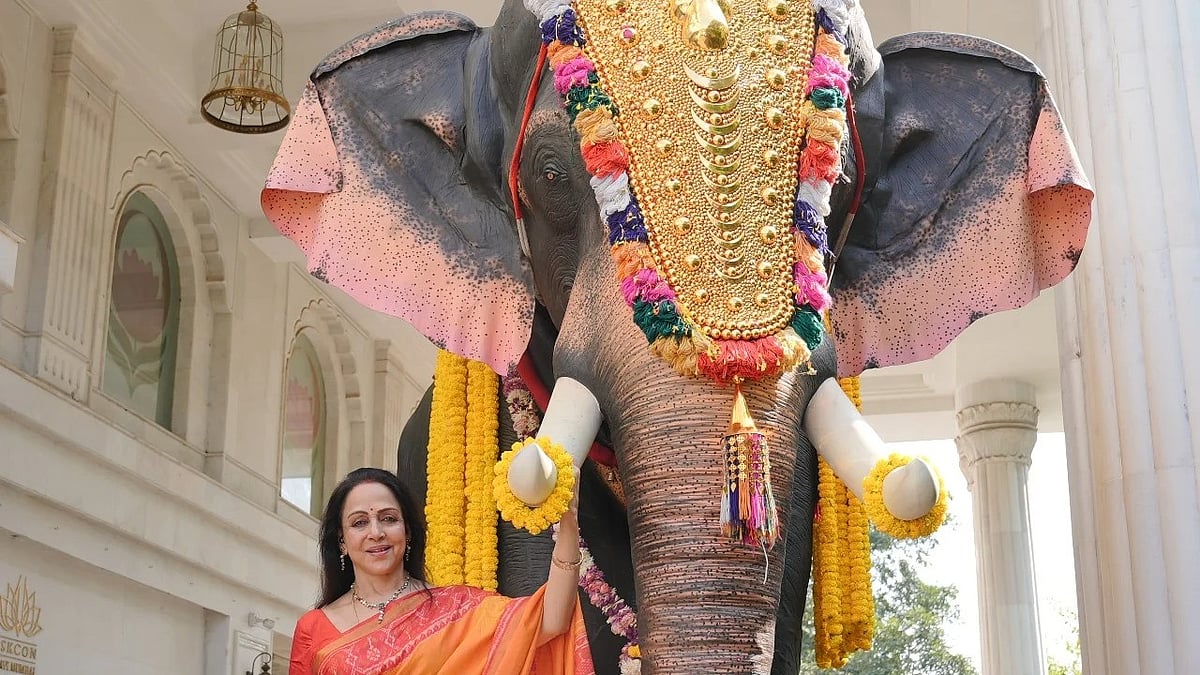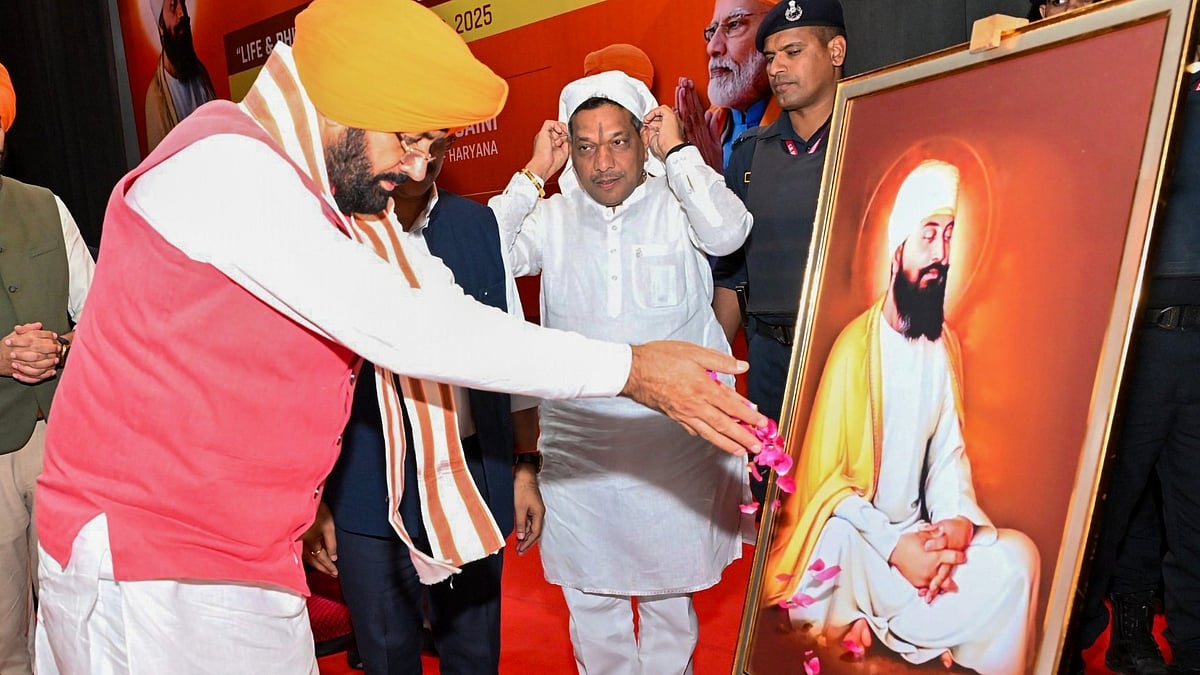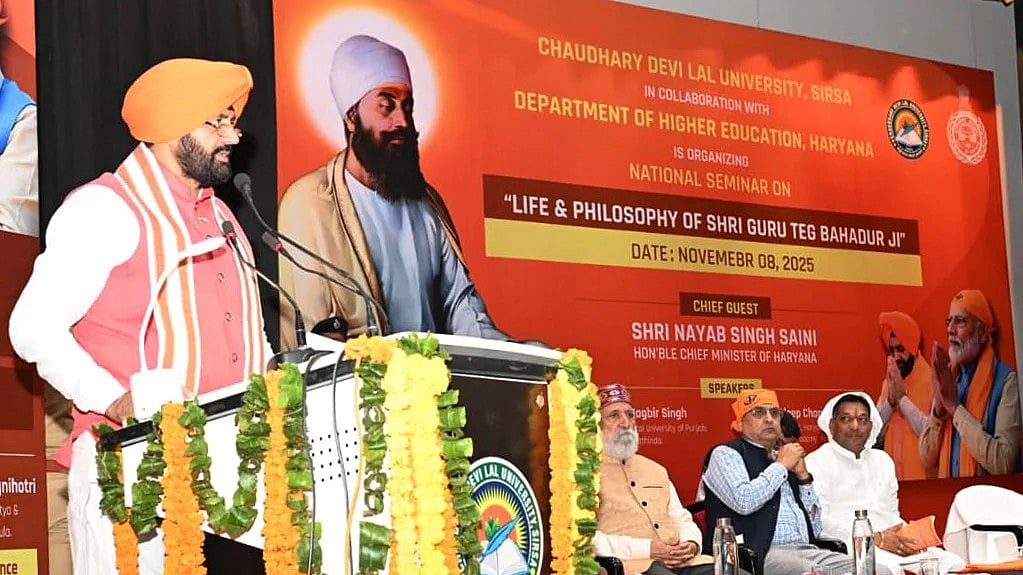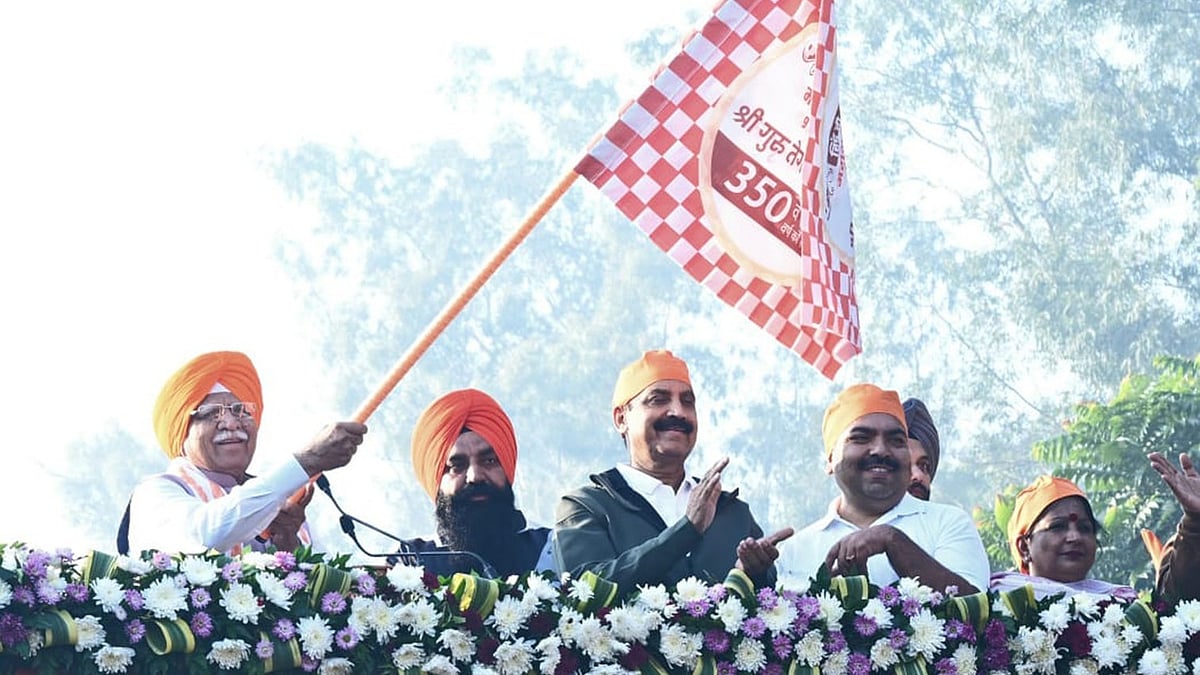New Delhi: India may see a possible rise in number of infections in August, which may build into a new, but smaller, virus wave that may peak in October.
As per a report in Hindustan Times, the prediction by the researchers, who accurately forecast the lessening of the surge in Covid-19 cases earlier this year, is based on a mathematical model.
Leading researchers of the Indian Institute of Technology (IIT) in Hyderabad and Kanpur, namely Mathukumalli Vidyasagar and Manindra Agrawal, stated that the possible third COVID-19 wave can arrive in India as soon as August, following which the country can likely witness a peak in coronavirus cases with less than 100,000 COVID-19 cases a day in the best-case scenario or nearly 150,000 in the worst scenario.
The report also stated that Vidyasagar in an email to Bloomberg said that the states with high COVID-19 cases, such as Kerala and Maharashtra, could “skew the picture.”
What to expect?
Meanwhile, many researchers have stated that the third COVID-19 wave is unlikely to be as brutal as the second one, in which the country reported 400,000-plus daily cases. The prediction by the researchers are based on a mathematical model.
The report also revealed that the prediction made by Vidyasagar in April that the COVID-19 wave would peak by the middle of last month was incorrect. At that time, Vidyasagar wrote on Twitter that the predictions were deemed false and invalid because of incorrect parameters as “the pandemic was changing rapidly, even wildly, until about a week ago."
But the forecast still underscores the need for India to accelerate its vaccination campaign, deploy surveillance methods to catch emerging hotspots and stay vigilant through genome sequencing given the potential for new variants to emerge.
Experts are concerned about complacency setting in as people resume social and business activity in the face of waning infections. India's first outbreak last year ebbed with limited damage, leading to a quick resumption of local travel and large-scale festivals that drove the emergence of a devastating second wave in March. With hospitals and crematoriums overwhelmed, researchers estimate that as many as 5 million people may have been killed in that outbreak. The government estimates of total Covid-related fatalities so far is 424,351.
Additionally, the medical experts also warned that the Delta variant of COVID-19 can also be passed on by vaccinated people, which can in turn fuel the surge.
That last wave also lead to high levels of natural immunity in the country's nearly 1.4 billion people -- a factor that could blunt the impact of the next surge. A national antibody survey by the Indian Council of Medical Research study last month found that two-thirds of Indians above the age of six had been exposed to the coronavirus.
Next Hotspot
Five months after the last wave started, daily infections in India have plateaued at around the 40,000 daily mark. For the past five days, roughly half the new cases are coming from the southern state of Kerala, making it potentially the next hotspot.
Daily cases have grown persistently through July in Kerala and a few smaller north-eastern states, said Paul Kattuman, professor in the Judge Business School at the University of Cambridge, which has developed a Covid-19 tracker for India. But a few states also saw "short-lived flare-ups in July which abated relatively quickly," putting the country overall in "a steady state" for now.
"We might expect to see a slow-burn in the country for a duration -- this can be expected to last till vaccination coverage is sufficiently high to induce herd immunity," Kattuman added.
India's status
Meanwhile, India recorded 40,134 new cases, 36,946 discharges & 422 deaths in last 24 hours as per Union Health Ministry data. The total number of deaths recorded is 4,24,773.
India has so far administered 470.3 million vaccine doses, but only 7.6% of the population is fully vaccinated, according to Bloomberg's vaccine tracker. The relatively slow uptake has added to concerns that the country may not be fully geared for the next wave.
The central government led by Prime Minister Narendra Modi says it is now better prepared for further outbreaks and that future waves will not have the same impact on the economy as before.











